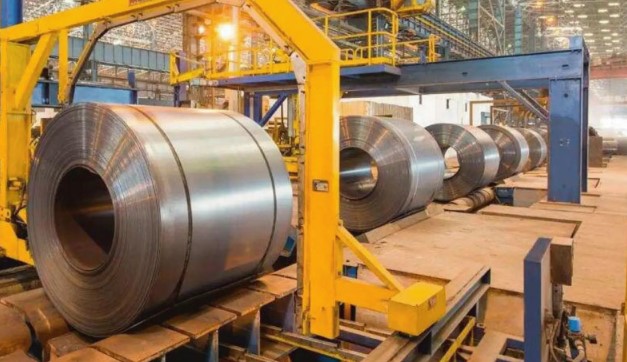
Political economy transition in favour of the producers
- August 8, 2024
- 0
The belief that, we need higher GDP (gross domestic product) growth rates and employment generation would follow is crumbling. We have had high GDP growth rates but have not been creating the jobs that we need. The focus now has to be on job creation with GDP growth becoming the consequence.
This needs a fundamental change in our mindset. Which we embraced with the economic reforms in 1991. The state should limit its role to maintaining sound macroeconomic fundamentals, providing better physical and social infrastructure, and improving the ease of doing business. Free markets would then deliver.
The limitations of this approach are best seen if we compare ourselves with China. In 1991, we were on a par in per capita incomes and technology. They are now five times ahead. Instead of leaving market forces alone, the state in China steered industrialisation and success in exports, making China “the factory of the world”. The Chinese learnt and improved on the policies adopted by South Korea and Japan, which had succeeded earlier.
First is the real exchange rate, which does not get the attention it deserves. There has been a consensus among economists in the world that an appreciation in the real exchange rate has an adverse effect on domestic value addition and job creation. India has been experiencing real exchange rate appreciation without an increase in productivity and exports that normally lead to a strengthening of the currency.
It is time for a change and for the Reserve Bank of India to intervene in the markets to prevent real exchange rate appreciation. The East Asians actually practiced artificial depreciation to industrialise faster.
The second is to reduce the cost of doing business. Our costs of logistics are about 50 per cent higher than those of our competitors. Ideally diesel should be in the low or at best medium slab of goods and services tax (GST). But it is taxed at almost twice the highest rate of GST. Reducing the cost of business requires greater priority than improving the ease of doing business. If we are to succeed in getting private investment to create jobs. (Filling up vacancies in government is no solution to the real crisis.)
Then we need smart sectoral policies. First, identify labour-intensive sectors in manufacturing and services where we have the wage advantage to be major players in the global market. We have to give up the dated belief in the natural endowment of competitive advantage.
Success in the domestic market and in exports has to move in tandem as we are part of the globalised economy. Reverting to a protectionist and closed economy is neither desirable nor an option.
A political-economy transition in favour of the producer who creates jobs and workers with their interests getting precedence over those of consumers and traders is essential for a breakthrough in job creation.
































































